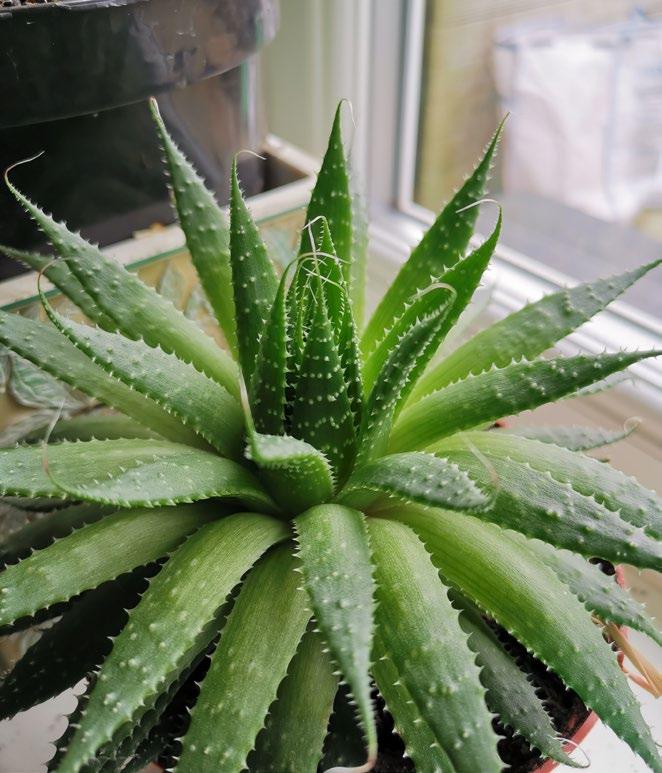
3 minute read
SPRING, GROWTH AND MUSIC Margit Resch
In the spring, that joyful time of year, we, the Fripp Island Friends of Music, used to have our last concert of the season in the Community Centre. So sad, that last one. But soon thereafter, it wasn’t even summer yet, we would announce the next season of wonderful concerts. Oh, joy. Last year, as you know, we were unable to gather in the chapel to enjoy the performers, who, in turn, always enjoyed our beautiful island and unfailing hospitality. FIFOM hopes ardently to be able to offer you a full series of concerts this coming season, ranging from fall 2021 to spring 2022. Presently, this very spring, we are already working diligently on the program. We will let you know our schedule and the lineup as soon as the musicians are booked. Oh, joy. So much for addressing one theme in this Trawler’s edition: “Spring.”
Now, how can I weave the idea of “Growth” into my subject: Music? Easy, because music not only affects health, as you might have learned in the last Trawler, but it also has an impact on growth. Well, maybe not on your physical growth, but certainly on your mental and intellectual growth. Just think of everything you know about music, its various genres, composers, musicians, and musical instruments, mainly as a result of having attended concerts and listened to recordings. But do you know that music has an effect on the physical growth of plants? Really, you wonder. Do they have ears? Can they hear? Well, no, not in the human sense of this auditory sense. However, there are several studies proving that plants react to musical stimuli with an increase in growth and biomass. One study, going back as far as 1962, found that the growth rate of balsam plants exposed to classical music increased by 20% along with a biomass increase of 72%, compared to the control group that did not get to “hear” music. Via strategically placed loudspeakers, the researchers of the Botany Department at Annamalia University even inundated whole fields with raga, a form of Indian classical music, and they found that it yielded up to 60% more crops than the national average. These results were replicated by Canadian engineer Eugene Canby. He regularly showered his wheat fields with a violin sonata by J.S. Bach which resulted in a 66% increase in yield. It’s amazing.
Advertisement
Would you believe that individual instruments make a difference in the plants’ response? Researchers experimented with a variety of musical instruments like flute, piano, harmonica, and they found the violin to be the most effective. In her book, The Sound of Music and Plants, Dorothy Rettalack of Colorado Women’s College describes her experiments with different
types of music, including classical, jazz, and rock and roll. Plants “listening” to the more soothing classical and jazz versions tended to grow towards the loudspeaker and to entwine themselves around it. Plants exposed to more “discordant” rock music, on the other hand, grew away from the speakers and showed signs of distress, similar to the effects of overwatering. So, can we conclude that plants can be devoted fans of certain composers like Bach and Louis Armstrong, or perhaps, more naturally speaking, of certain bird songs? Apparently. The scientific theory is that the vibrations of sound waves affect the plants. They transport nutrients like proteins in their fluids, an activity called cytoplasmic streaming, and certain types of music, maybe even bird songs, can help stimulate this process.
So next season, when we, the Friends of Music, bring you another series of great concerts, come and bring your favorite potted plant. It may just respond with gratitude and grow into a more splendid specimen than anticipated. Oh, joy.












